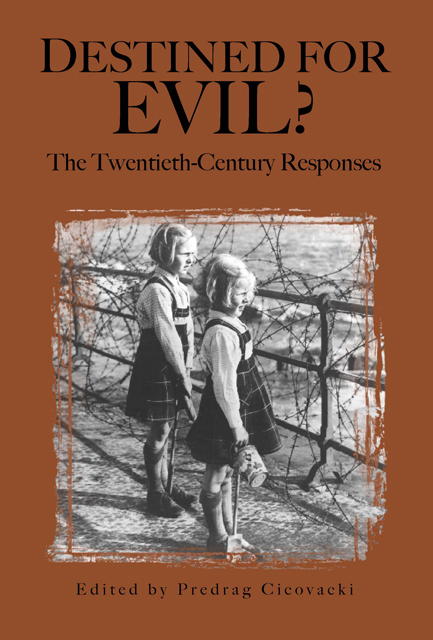Book contents
13 - Searching for Self-Knowledge and Divine Wholeness
Published online by Cambridge University Press: 17 March 2023
Summary
What is remarkable about Christianity is that in its system of dogma it anticipates a metamorphosis in the divinity, a process of historic change on the “other side.” It does this in the form of the new myth of dissension in heaven, first alluded to in the creation myth in which a serpent-like antagonist of the Creator appears, and lures man to disobedience by the promise of increased conscious knowledge (scientes bonum et malum). The second allusion is to the fall of the angels, a premature invasion of the human world by unconscious contents. The angels are a strange genus: they are precisely what they are and cannot be anything else. They are in themselves soulless beings who represent nothing but the thoughts and intuitions of their Lord. Angels who fall, then, are exclusively “bad” angels. These release the well-known effect of “inflation,” which we can also observe nowadays in the megalomania of dictators: the angels beget with men a race of giants which ends by threatening to devour mankind, as is told in the book of Enoch.
The third and decisive stage of the myth, however, is the self-realization of God in human form, in fulfillment of the Old Testament idea of the divine marriage and its consequences. As early as the period of primitive Christianity, the idea of the incarnation had been refined to include the intuition of “Christ within us.” Thus the unconscious wholeness penetrated into the psychic realm of inner experience, and man was made aware of all that entered into his true configuration. This was a decisive step, not only for man, but also for the Creator—Who, in the eyes of those who had been delivered from darkness, cast off His dark qualities and became the summum bonum.
This myth remained unassailably vital for a millennium—until the first signs of a further transformation of consciousness began appearing in the eleventh century. From then on, the symptoms of unrest and doubt increased, until at the end of the second millennium the outlines of a universal catastrophe became apparent, at first in the form of a threat to consciousness. This threat consists in giantism—in other words, a hubris of consciousness—in the assertion: “Nothing is greater than man and his deeds.”
- Type
- Chapter
- Information
- Destined for Evil?The Twentieth-Century Responses, pp. 171 - 176Publisher: Boydell & BrewerPrint publication year: 2005
- 1
- Cited by

